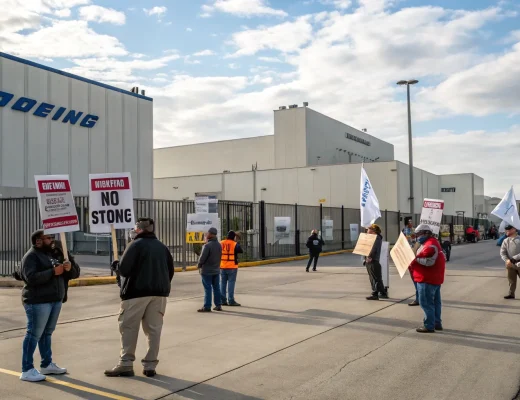A project in Denver meant to bolster minority and women-led small businesses has collapsed, resulting in a lawsuit accusing the city of “deliberate misbehavior” and “neglecting minority and women-run businesses”. The suit suggests city officials neglected their duties, causing the project to fail and majorly impacting the participating small businesses.
Local entrepreneurs voice their outrage over the city’s neglectful handling of the project, arguing it increased their financial strain rather than alleviating it. Plaintiff’s attorneys suggest the project’s downfall was inevitable due to the city’s insincerity and disregard for social equality.
Denver’s response to these accusations has been to critique the project managers rather than acknowledging potential flaws in their own dealings. The issue has sparked a call for change in Austin’s support for minority and women-owned businesses.
Despite Denver’s dismissal of the allegations, the court faces the challenge of evaluating the circumstances and determining who was at fault.
Minority business owners are filled with hope and fear concerning the outcome of the case, which will have a significant impact on their operations. It emphasizes the need for cities like Denver to take strong, genuine action in their support for underrepresented businesses.
The strategic use of the city’s marijuana sales tax to fund the project, and the allocation of funds between the Malone Fund and DEMI, initially led to significant business growth and economic stability.
Denver lawsuit highlights minority business neglect
However, Danielle Shoots, the project’s leader, accuses Denver of stopping allocations and misusing the funds, causing financial strain on non-profit and grassroots organizations.Despite accusations from Denver’s officials blaming her for the failings, Shoots calls for a thorough investigation into the city’s alleged misappropriation of funds. She believes this will expose the city’s unfair blame shifting.
For the unresolved situation, Shoots and DEMI are suing the city, demanding compensation and an official apology from the city for any unfounded accusations of misconduct. They claim these unfounded allegations have not only damaged their reputations but also created financial hardships.
Fears over transparency, exacerbated by Shoots’ concern over potential threats to her career, still pervade the local business climate. The lack of clear guidelines and financial transparency is causing concern among local entrepreneurs, potentially stifling Denver’s entrepreneurial ecosystem.
Shoots warns of significant economic impact unless these concerns are addressed urgently. The ongoing lawsuit highlights the need for transparency and equality in allocating public funds to projects aimed at supporting underprivileged and underrepresented businesses.







